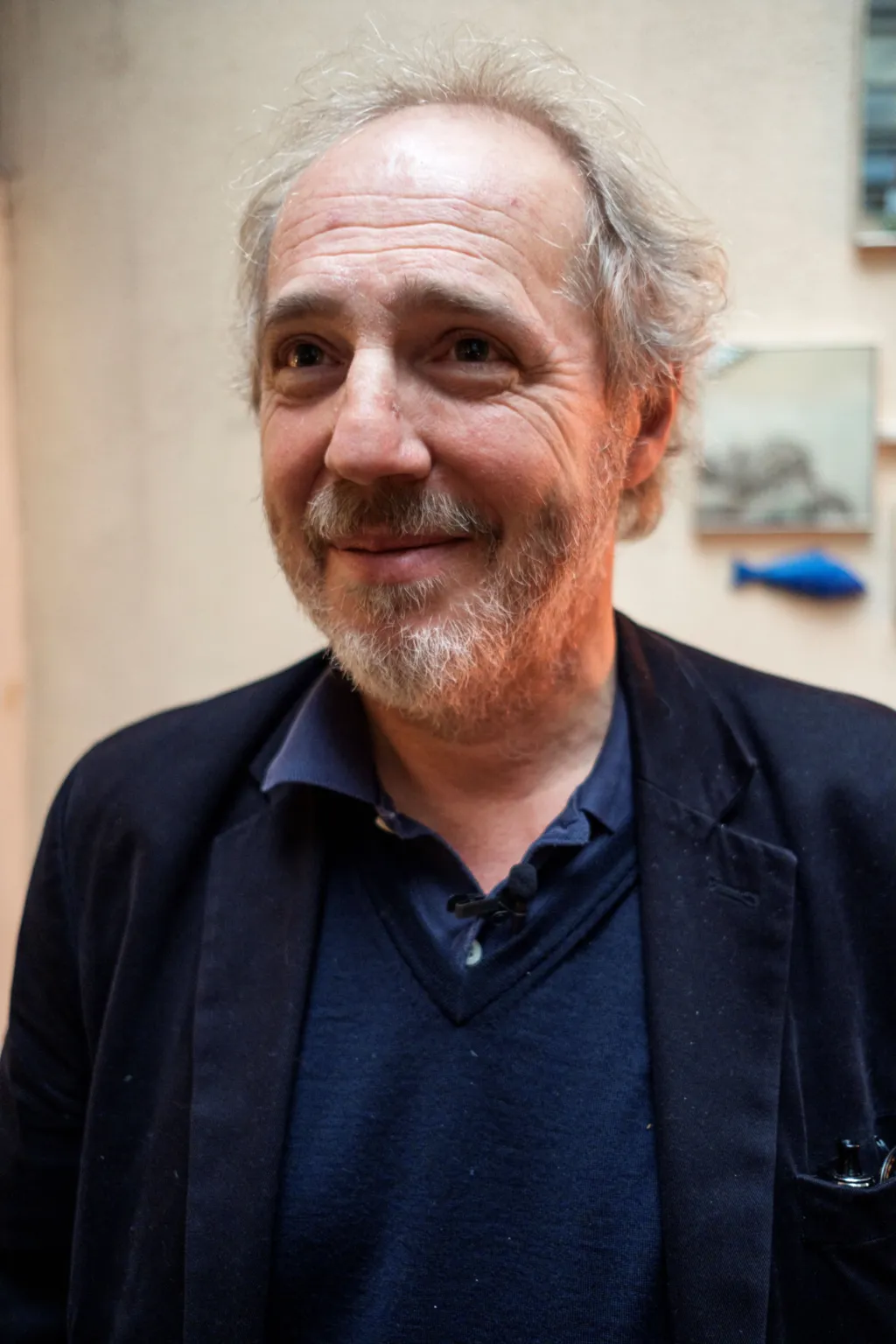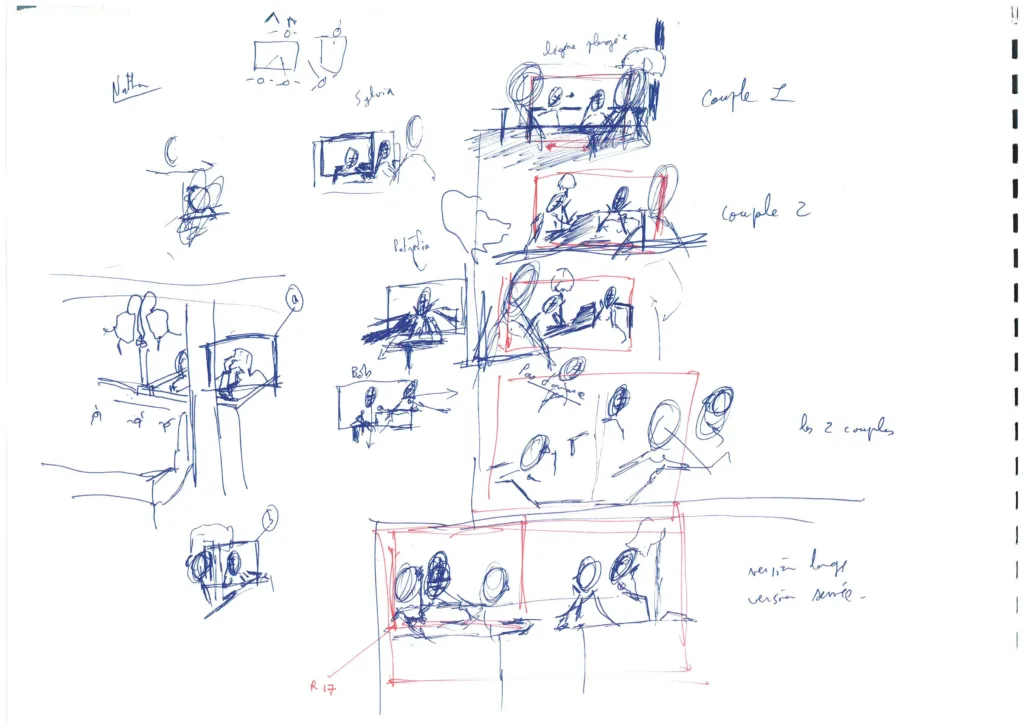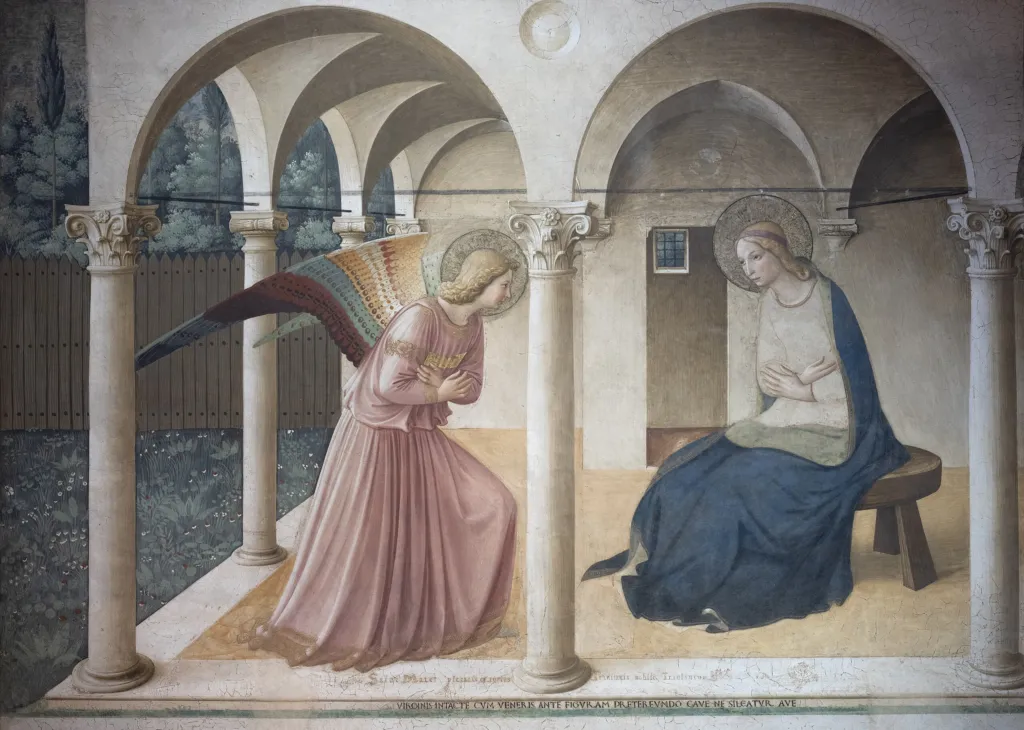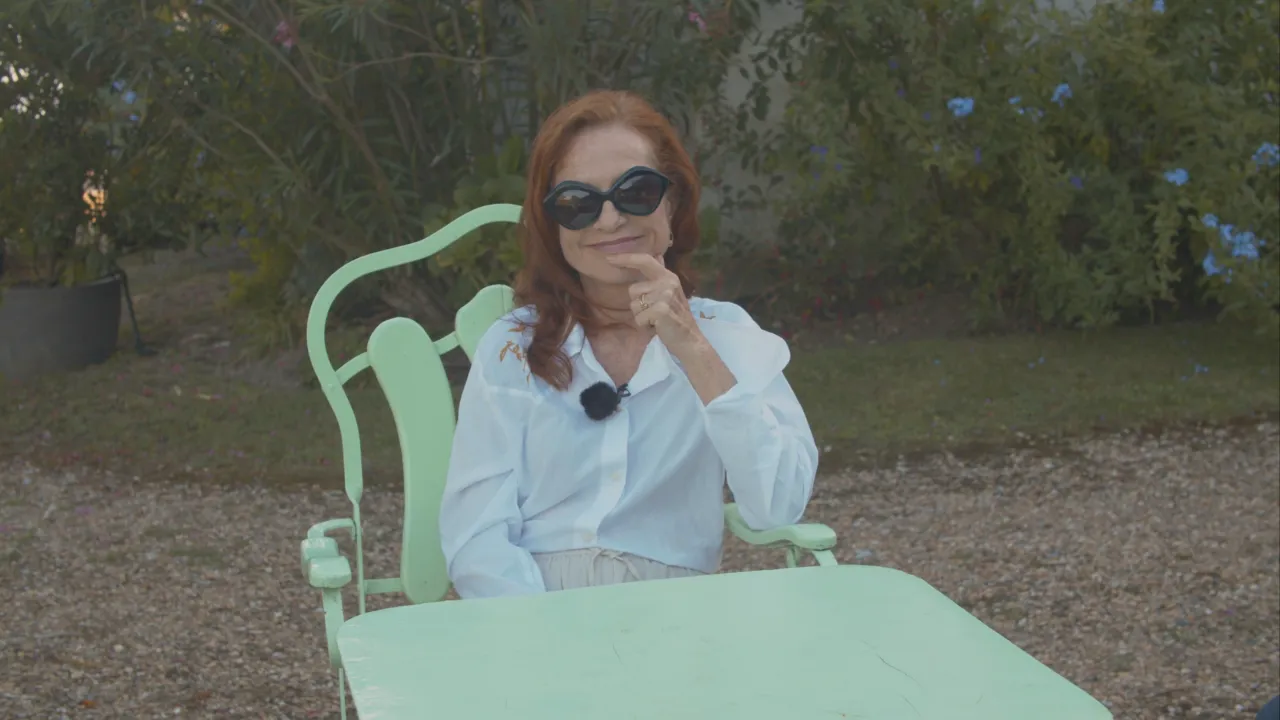Please update your browser
Your current browser version is outdated. We recommend updating to the latest version for an improved and secure browsing experience.
Arnaud Desplechin
Scroll to explore the exhibition
Arnaud Desplechin
- Introduction (Arnaud Desplechin)
- Room 2: Invitation to a Voyage
- Room 3: Desplechin's Cinema
-
Introduction (Arnaud Desplechin)
-
Room 2: Invitation to a Voyage
-
Room 3: Desplechin's Cinema
Arnaud Desplechin
Introduction (Arnaud Desplechin)

Arnaud Desplechin
Energetic, comic, and attentive to the possibilities of cinema and of life, Arnaud Desplechin's films demonstrate the enduring relevance of François Truffaut's dictum, "Every shot, four ideas." Room 2 is an invitation to explore Desplechin's influences, method, and imaginative transformations of scripts, texts, and poetic references. Desplechin's cinematic approach is the focus of Room 3, which proceeds sequentially from painting and visual perspective, to cinematic treatments of face-to-face encounters, to layers of theatrical play, and then finally to the melding of space, myth, and performance. As with Desplechin's films, each section builds upon and responds to the ones that preceded it. Photograph by Gus Aronson (Paris, November 2021)
Room 2: Invitation to a Voyage
Cinematic Quotations
One of the signature moments of Desplechin's cinema is the musical recitation of Charles Baudelaire's "The Voyage" (1857) in La Vie des morts (The Life of the Dead, 1991). Desplechin's use of poetic citations invites comparisons with the work of Jean-Luc Godard, who write a letter expressing his admiration for the film.

Desplechin's Method
Annotations for the screenplay of My Sex Life... or How I Got Into an Argument (Arnaud Desplechin, 1996, Courtesy Arnaud Desplechin)
Room 3: Desplechin's Cinema

The Invention of Perspective
The Annunciation (Fra Angelico, 1437-1445, Convent of San Marco, Florence) is one of the key works of the Italian Renaissance. A signature scene in Ismael's Ghosts (2017) compares this model of perspective with the contemporaneous one developed by Jan Van Eyck.
Face-to-Face
In its use of music and its emphasis on exchange, this section of Ismael's Ghosts (Arnaud Desplechin, 2017) is emblematic of the director's deeper exploration of the importance of "seeing face-to-face."
If We Shadows Have Offended
This scene from Jimmy P: Psychotherapy of a Plains Indian (Arnaud Desplechin, 2013) is one of many reflections on theater (from Shakespeare to Ibsen) in Desplechin's cinema.
Intimate Journeys
In My Golden Days (2015), Desplechin draws all of the motifs in his films together, connecting geographically specific memories, layered references, interlocking plots, and fictional journeys.





















